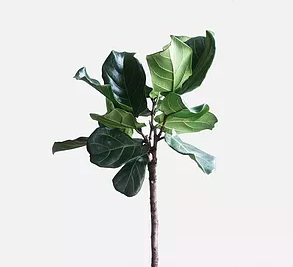They've been around for decades but have only recently become the talk of the town in terms of period products, and there's a good reason for that. 5 actually. Here are the benefits of using a menstrual cup!
1. They're a whole lot cheaper than pads and tampons
One cup can last up to 10 years. A WHOLE DECADE. So while a cup can set you back $50-$60 up front, that works out to be $6 a year or $0.50 a month. Compare that to the monthly cost of pads and/or tampons (at least 10 times that amount) and your savings are huge.
2. They're a zero-waste alternative
Menstrual cups transform your period into a waste-free event. No more toilet paper-wrapped used pads and tampons in the trash, and no more packaging!
3. They're so much more convenient.
Depending on your flow, pads and tampons need to be changed every couple of hours. In contrast, menstrual cups can stay inside ya for up to 12 hours. Wash it out morning and night and that. is. it. You don't have to think about it ALL DAY. The best part? You can sleep with it in. How many times have you gotten comfortable in bed only to remember you still have a tampon in? Never again!
4. Never worry about a tampon string again.
Periods at the beach are a real bitch - constant paranoia about a loose string and having to change your tampon in a crusty-ass beach bathroom as soon as you're out of the water. Switch to a menstrual cup and hard pass on that crap.
5. There's a menstrual cup for everyone, and you'll probably be a convert.
Whether you've got a light or heavy flow, there's a menstrual cup for you thanks to the dozens of brands now on the market which differ in size, shape, and price point. Chances are you're going to love it once you get used to it, too: a 2011 Canadian study found that around 91% of women in the menstrual cup group indicated that they'd not only continue to use a menstrual cup, but recommend them to others.
They take a bit of getting used to (my first cycle I was basically clawing around inside my vagina to get the damn thing out) but honestly now that I've got insertion and removal methods sorted, I'm telling everyone I know about how life-changing they are.
Have you tried a menstrual cup? Loved it? Hated it? Leave a comment!
xoxo E.M.








